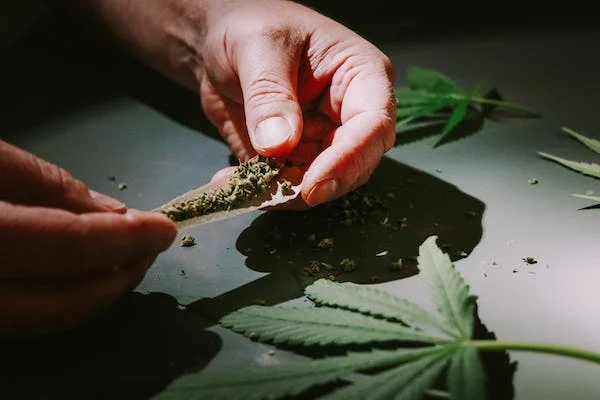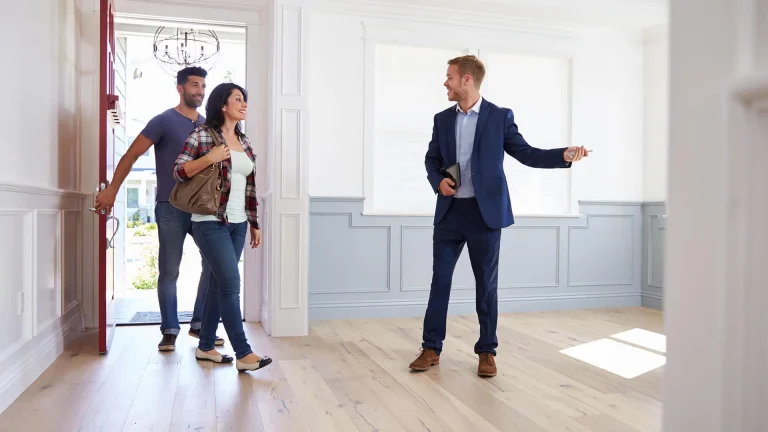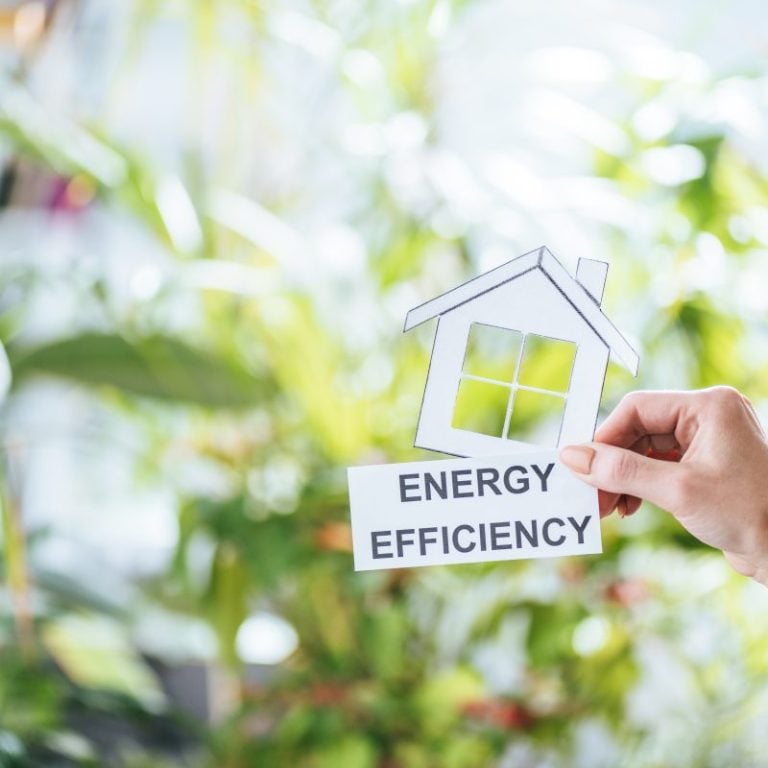Drain Issues – Signs, Solutions, and Prevention Strategies
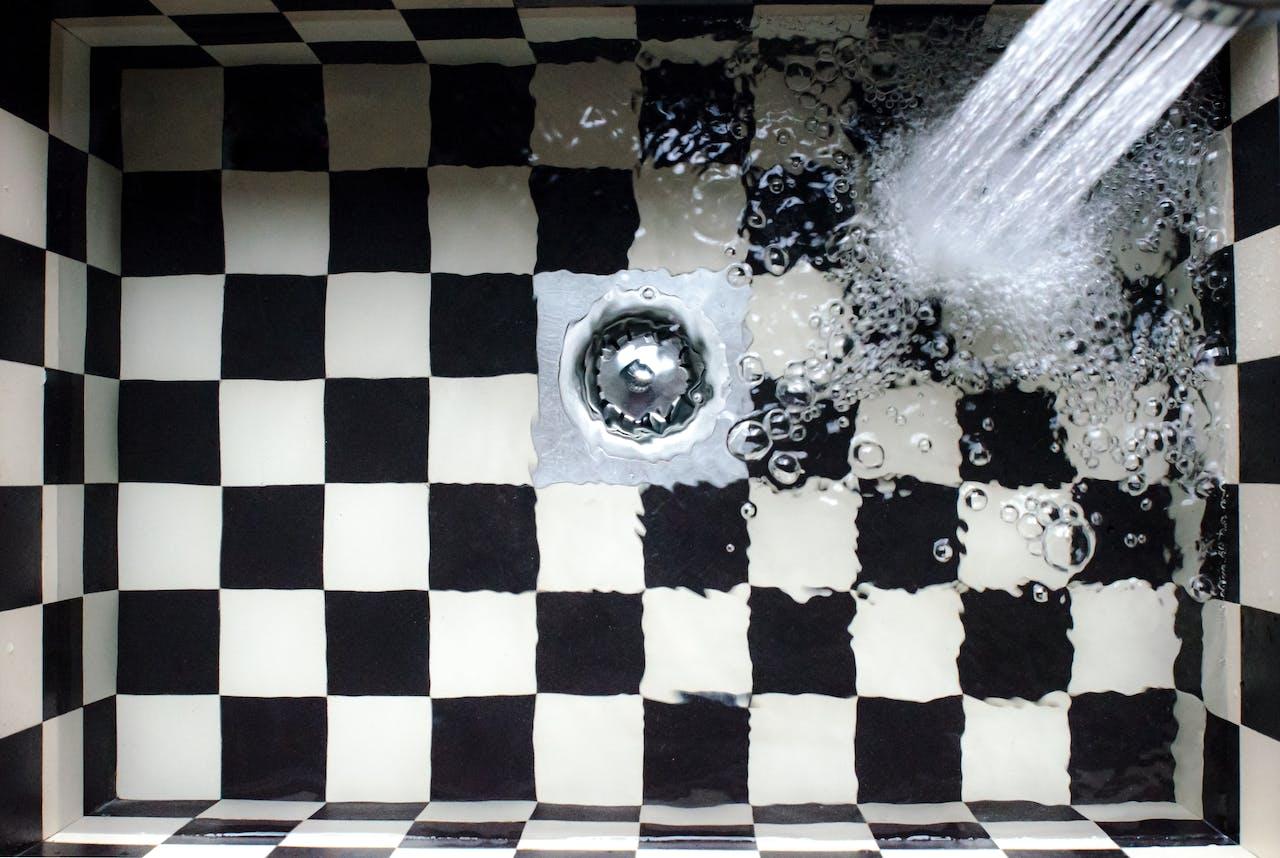
Table of Contents
Maintaining a smooth functioning plumbing system is an important aspect of owning a home. Whether it’s routine maintenance that prevents issues or dealing with unexpected emergencies, understanding signs of issues and how to deal with them is crucial, can avoid stress, and save you time and money. One of the most common problems are issues with drains.
In this article, we’ll explore signs that indicate you may have a drainage problem on your hands. We’ll also provide tips on preventing and fixing issues, as well as when it’s time to give up trying to solve the problem yourself and start the search for a professional drain unblocker near me.
Slow Drainage
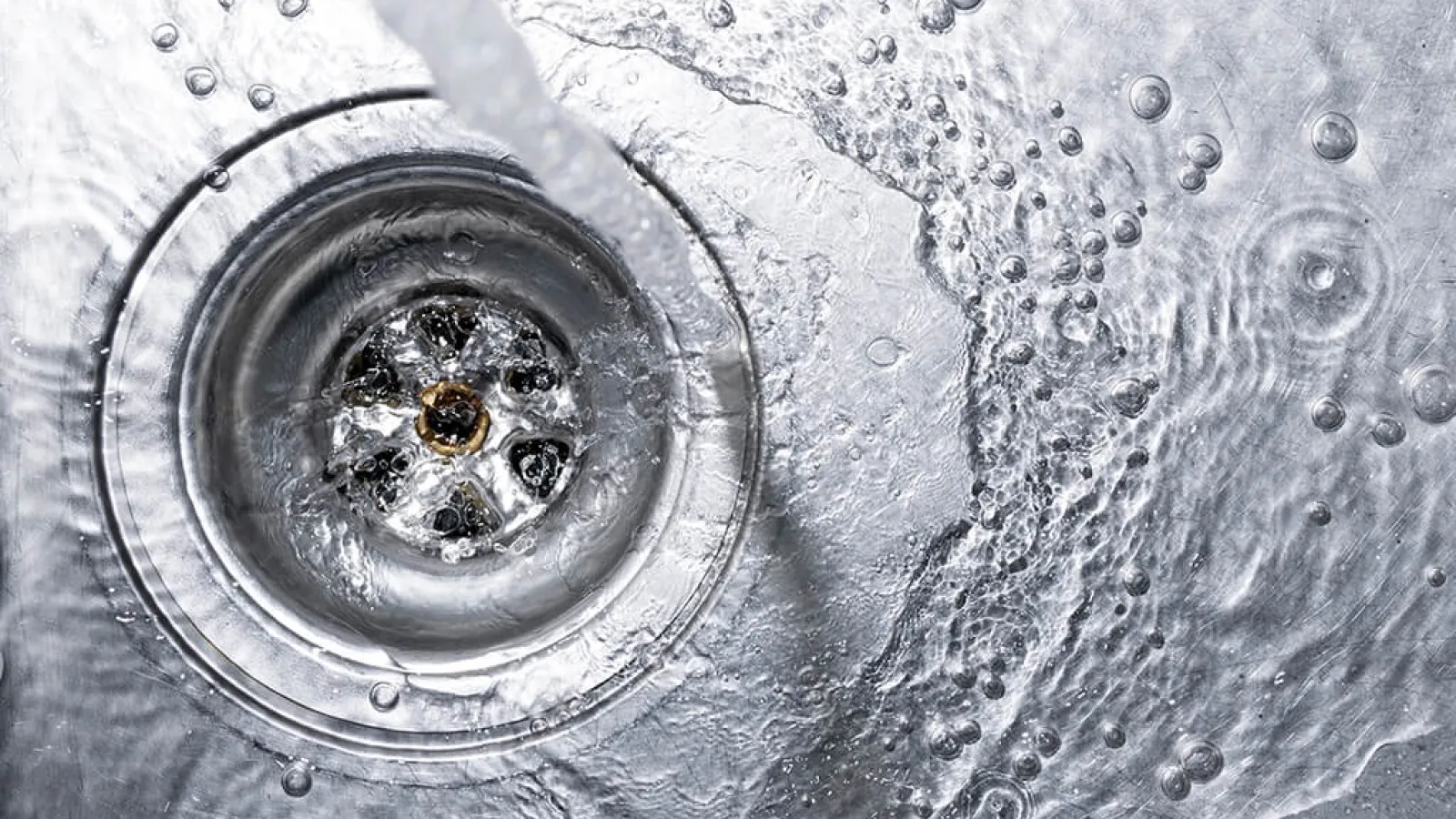
Slow drainage is one of the earliest signs that your drain is developing a clog. If you notice water taking longer to clear from your sink, bathtub, or shower, try using an unblocking solution and/or pouring boiling hot water down the drain.
If you’ve tried using unblocking methods a few times and nothing has changed, it could indicate a serious blockage, especially if water is draining very slowly. Contact a professional as soon as possible so that they can assess the situation using specialised equipment to identify the root cause. A severe blockage could lead to pipes bursting and flooding your property.
Unpleasant Odours
You may also notice foul odours coming up from your drains when you use them, this might be in conjunction with slow drainage, or it could be a problem on its own. You might notice it at all times, or it may only become noticeable to you when you run water.
Unpleasant odours could mean that there’s a build-up of organic matter, this could be rotting food debris in your kitchen sink, or stale soap scum in your bathroom.
Again, if typical DIY unblocking solutions do not work, then it’s time to call out a professional before things get worse.
Gurgling Sounds
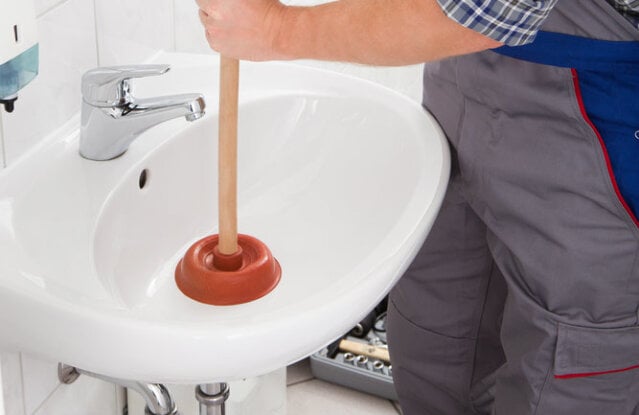
If you hear strange gurgling or bubbling noises when water is draining, it could be a sign of trapped air in the pipes. Air gets trapped when there is a blockage in the pipes, so once again, try DIY solutions first, then consult a professional to clear the blockage if that doesn’t work.
Recurring Clogs
If you’ve noticed the signs above, used a DIY unblocking solution that worked, but experience frequent recurring clogs, it’s a sign that there is a more significant problem.
It may be caused by your behaviour, perhaps you use your drains a lot, or let too much food, dirt, hair, soaps and other liquids and debris go down the drain.
Your drains can only take so much, so consider changing your habits. If this isn’t the problem, then contact a plumber for help and advice.
Water Backing Up
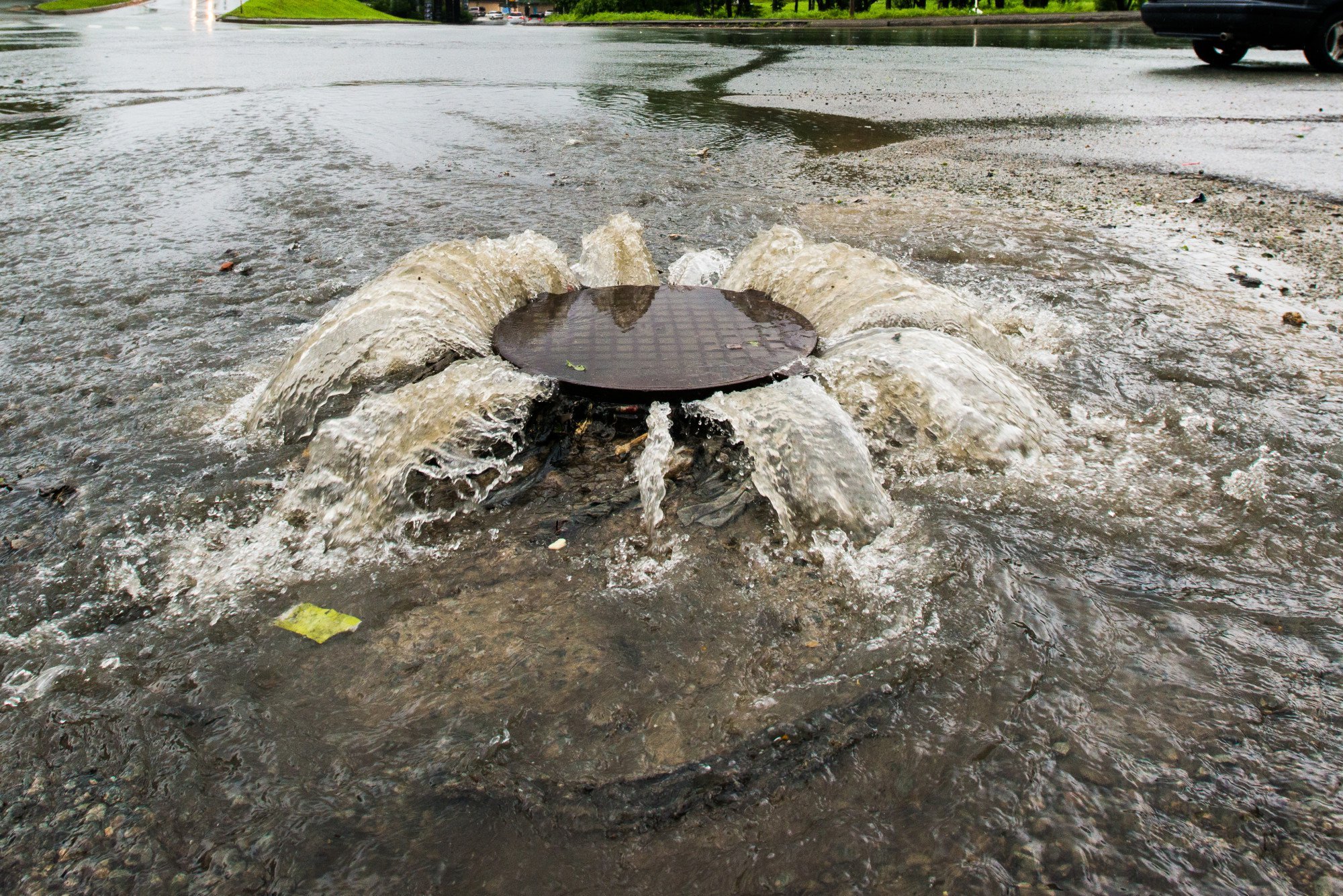
Water backing up into sinks, toilets, or showers is a clear sign that your drain or sewer line is blocked. Urgent professional help is needed to prevent water damage and health hazards.
Solutions and Tips
In the event of an unexpected and sudden drain blockage or related problem, the faster you act, the more you can minimise damage and prevent further complications. Here’s what to do once you notice a problem:
Stop Using Your Water
Try to reduce your water usage in affected areas whilst you’re experiencing drainage issues, as it may exacerbate the issue, leading to potential water damage.
Attempt DIY Solutions (But Avoid Harsh Chemicals)
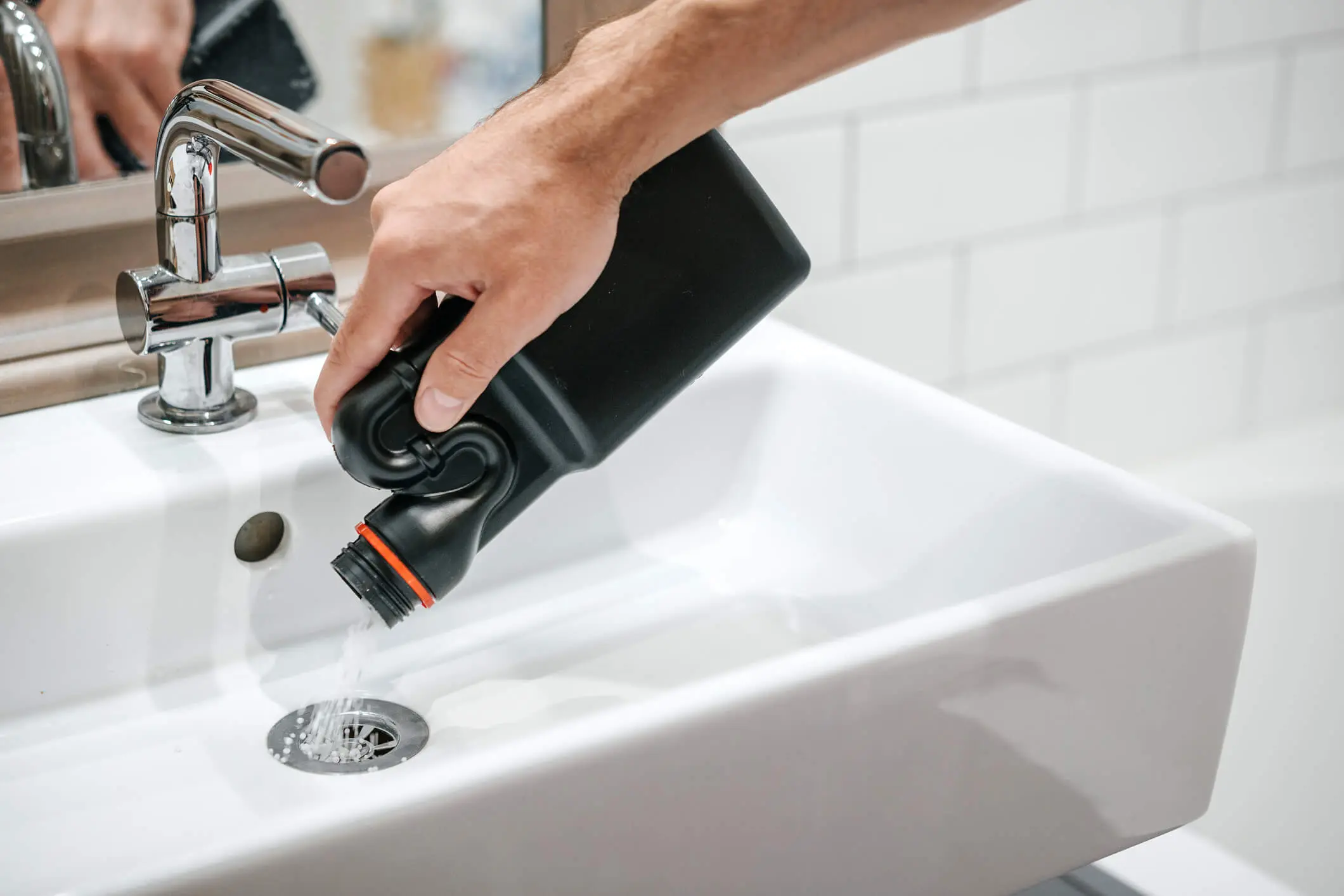
DIY solutions are definitely worth a try before you call out an expert. Plungers, drain snakes, or home remedies like baking soda and vinegar may at least provide temporary relief. But this doesn’t mean you should avoid seeking help from a qualified plumber.
Whether you use a home remedy or a solution bought from a shop, make sure to avoid harsh chemicals as they can damage pipes and may not even be effective against the problem. Some harsh chemicals may also pose health and safety risks. Only use solutions that are safe and made for using on drains and pipes.
Call for Professional Help
Finally, if you’ve tried a few DIY solutions and nothing is working, or if the problem is sudden and severe, it’s time to call for professional help. They can quickly and accurately assess the situation. This is your best option in an emergency.
Final Thoughts
There are several things you can do to prevent your drains becoming blocked. Whether it’s installing drain guards, changing habits, or cleaning drains regularly, routine maintenance will help you avoid problems. However, some problems can’t be avoided with use over time, so try some DIY solutions, and if all fails, look for a plumber with good reviews. Remember, the faster you act, the cheaper the costs.

